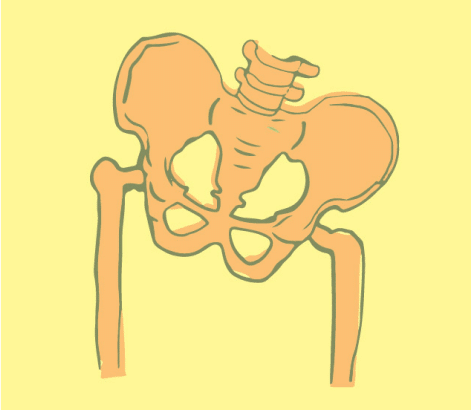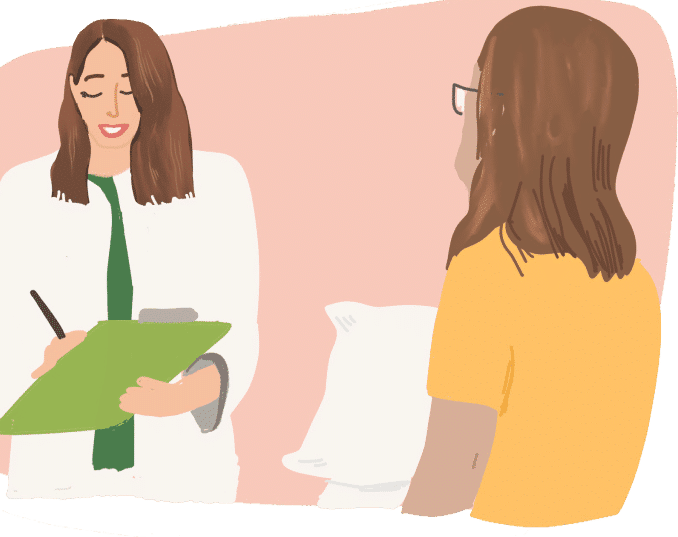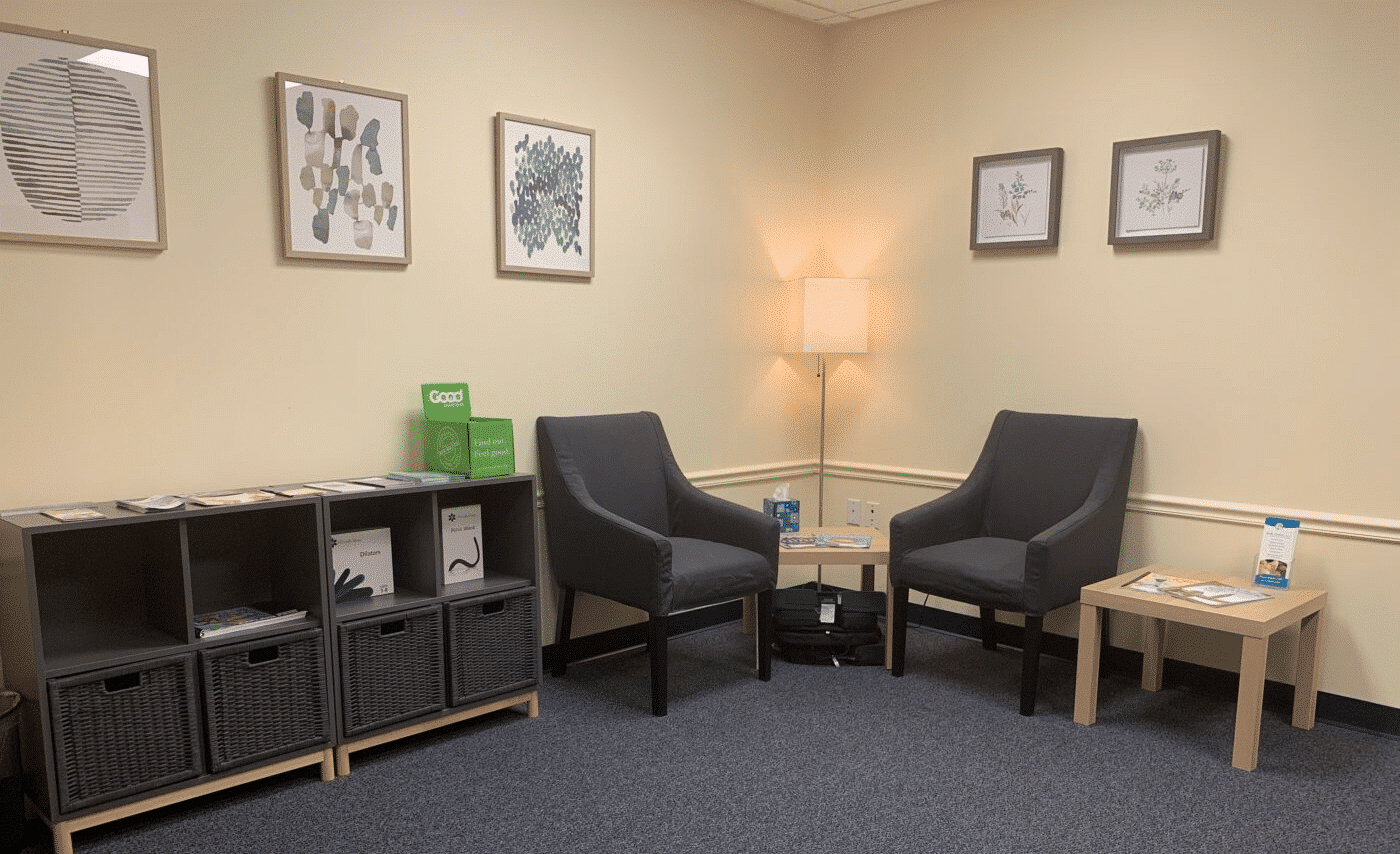

Physical therapists are highly trained professionals who pursue advanced education in pelvic floor anatomy and physiology to support patients with complex pelvic health needs. Pelvic floor therapy, while newer compared to traditional physical and occupational therapy areas, is rapidly gaining recognition and demand. Our team is proud to be part of this important shift, applying both specialized pelvic health knowledge and a broad, whole-body perspective to every treatment.
Echo Park residents seeking help for pelvic health-related symptoms can turn to us for support across several interconnected systems: musculoskeletal, nervous, gastrointestinal, reproductive, and urologic. Symptoms might include incontinence, pelvic pain, sexual dysfunction, or constipation, and may be caused by everything from childbirth and surgery to trauma or hormonal changes. We invite you to explore our website further to learn more about these conditions and how pelvic floor physical and occupational therapy can help.
Physical therapists are highly trained professionals who pursue advanced education in pelvic floor anatomy and physiology to support patients with complex pelvic health needs. Pelvic floor therapy, while newer compared to traditional physical and occupational therapy areas, is rapidly gaining recognition and demand. Our team is proud to be part of this important shift, applying both specialized pelvic health knowledge and a broad, whole-body perspective to every treatment.
Echo Park residents seeking help for pelvic health-related symptoms can turn to us for support across several interconnected systems: musculoskeletal, nervous, gastrointestinal, reproductive, and urologic. Symptoms might include incontinence, pelvic pain, sexual dysfunction, or constipation, and may be caused by everything from childbirth and surgery to trauma or hormonal changes. We invite you to explore our website further to learn more about these conditions and how pelvic floor physical and occupational therapy can help.
Symptoms
Bladder Symptoms
- Urinary urgency, frequency, hesitancy and pain in the absence of infection
- Weak urinary stream
- Leaking urine (incontinence)
- Urethra and bladder pain
- Pain before, during or after urination
- Nocturia (nighttime urination)
- Pediatric bed wetting (nocturnal enuresis)
- Erectile dysfunction: poor quality, inability to achieve erection, inability to maintain erection, premature ejaculation
- Decreased force or inability to ejaculate
- Climacturia (incontinence with orgasm)
- Post ejaculaory pain: tip and/or shaft of penis, perineum, scrotum
- Discoloration in penis/scrotum/perineum
- Burning, itching, aching, or other types of pain in the penis, scrotum, testicles, perineal and/or anal area
- Pain with sitting, certain types of exercises, and certain types of clothing
- Post ejaculatory pain in the penis, scrotum and/or perineum
- Gastrointestinal distress, bloating, and/or constipation
- Symptoms can be provoked, such as in response to ejaculation or exercise, or unprovoked and spontaneous
- Symptoms may be intermittent or constant
Bowel Symptoms
- Straining to evacuate stool
- Adult and pediatric constipation
- Need for excessive toilet paper
- Fecal and/or gas leakage and incontinence
- Hemorrhoids and fissures
- Pain before, during or after bowel movements
- Anal/rectal pain, burning or itching
- Inability or decreased ability to lubricate
- Pain upon vaginal penetration, with deep penetration only, and/or continuous pain with penetration
- Clitoral pain, hypersensitivity to touch
- Pain and/or burning after sexual contact
- Inability to orgasm, diminished orgasm
- Urinary incontinence during sexual activity
- Climacturia (incontinence with orgasm)
- Burning, itching, aching or other types of pain in the vulva, vagina, perineal, and/or anal area
- Pain with intercourse, hypersensitivity when wearing pants and/or underwear, and pain with sitting
- Exercise may provoke or exacerbate symptoms
- Abdominal bloating, gastrointestinal distress, and constipation
- Symptoms can be provoked, meaning with penetrative intercourse or tampon insertion, or unprovoked and spontaneous
- Symptoms can be intermittent or constant
Transgender Pelvic Health Symptoms
- Pain from surgical scars
- Pain with vaginal penetration
- Inability to achieve vaginal penetration
- Difficulty or inability to achieve orgasm
- Urinary dysfunction including urgency, frequency, hesitancy, incontinence and spraying
- Pelvic and low back pain
Chronic Prostatitis/ Chronic Pelvic Pain Syndrome Symptoms
- Aching, pressure, or sharp pain in the perineum, pubic area, or lower abdomen
- Discomfort that feels like it’s coming from the testicles, tip of the penis, or inside the urethra
- Urgency, frequency, weak stream, or the sensation that you can’t fully empty your bladder
- Burning or stinging, even when no infection is present
- Tightness or aching that overlaps with pelvic discomfort
- A sense of heaviness, pressure, or tight muscles in the pelvic floor area

Treatment:
How We Can Help You

Echo Park residents experiencing pelvic health issues should consider a professional evaluation with a physical and occupational therapists as a proactive step toward feeling better. This evaluation includes a detailed discussion of your medical history, a review of current symptoms, and a look at past diagnoses and the treatments you’ve tried. Many patients who visit us have endured long periods without answers, and we recognize the emotional fatigue that often comes with that journey.
The physical exam explores the muscles, joints, nerves, and tissues that may be contributing to your symptoms, as well as your overall movement habits. After the examination, we’ll walk you through the findings and help you understand what’s happening in your body. Based on this, a treatment plan is created with personalized goals to get you back on track. Most people come in once or twice weekly for around 12 weeks. You’ll also receive a supportive home program and, when needed, we’ll help coordinate your care with other professionals. Our team is proud to serve Echo Park residents with thoughtful, effective pelvic health care.

Treatment:
How We Can Help You
Echo Park residents experiencing pelvic health issues should consider a professional evaluation with a physical and occupational therapists as a proactive step toward feeling better. This evaluation includes a detailed discussion of your medical history, a review of current symptoms, and a look at past diagnoses and the treatments you’ve tried. Many patients who visit us have endured long periods without answers, and we recognize the emotional fatigue that often comes with that journey.
The physical exam explores the muscles, joints, nerves, and tissues that may be contributing to your symptoms, as well as your overall movement habits. After the examination, we’ll walk you through the findings and help you understand what’s happening in your body. Based on this, a treatment plan is created with personalized goals to get you back on track. Most people come in once or twice weekly for around 12 weeks. You’ll also receive a supportive home program and, when needed, we’ll help coordinate your care with other professionals. Our team is proud to serve Echo Park residents with thoughtful, effective pelvic health care.
Frequently Asked Questions
What are the services offered at PHRC's Pasadena location?
PHRC Pasadena delivers specialized care for all pelvic floor conditions. Our experts handle urinary, bowel, and sexual dysfunction with precision, and we provide effective recovery strategies following surgery, childbirth, or traumatic injuries affecting the pelvic region.
Who can benefit from PHRC's services?
Anyone experiencing pelvic floor dysfunction—regardless of age or gender—can benefit from our services. If you have a pelvis and pelvic health concerns, we have the skills to help.
What are the office hours at PHRC's Pasadena location?
Mon-Fri 8am – 5pm
How can I contact PHRC's Pasadena location?
Reach us by phone at (626) 469-0025, by fax at (415) 634-0283, or by email at [email protected]
What is the address of PHRC's Pasadena location?
We are located at 960 E Green St, Suite 262, Pasadena, CA 91106.
What is the experience of the practitioners at PHRC's Pasadena location?
Those in Echo Park can turn to PHRC Pasadena for exceptional pelvic floor care. Our specialists are highly trained in managing issues related to urinary and bowel health, pelvic pain, and sexual dysfunction. Recognized across the country, our clinic provides effective, evidence-based treatment.
Does PHRC offer virtual consultations or telehealth services?
We understand the need for convenience in Echo Park and offer telehealth and virtual consultation services accordingly. Our offerings extend to pelvic conditions tied to pregnancy, hormones, chronic pain, and more—ensuring ongoing support wherever you are.
Does PHRC accept insurance for their services?
PHRC Pasadena doesn’t bill insurance directly, but Echo Park clients receive superbills that can be submitted for reimbursement. Most patients report receiving a portion of their treatment costs back, depending on their provider.
How do I know if I should make an appointment at PHRC's Pasadena location?
If you’re in Echo Park and experiencing pain or dysfunction involving pelvic structures, PHRC Pasadena can help. Our team specializes in compassionate, thorough care designed to promote healing and well-being.
960 E Green St, Suite 262, Pasadena, CA 91106




